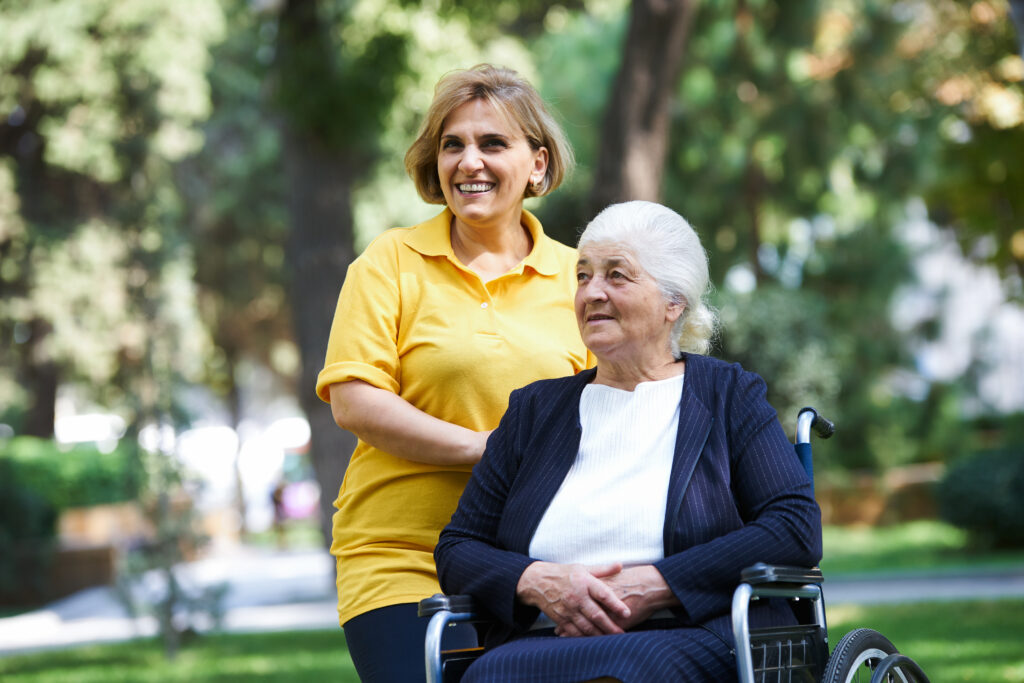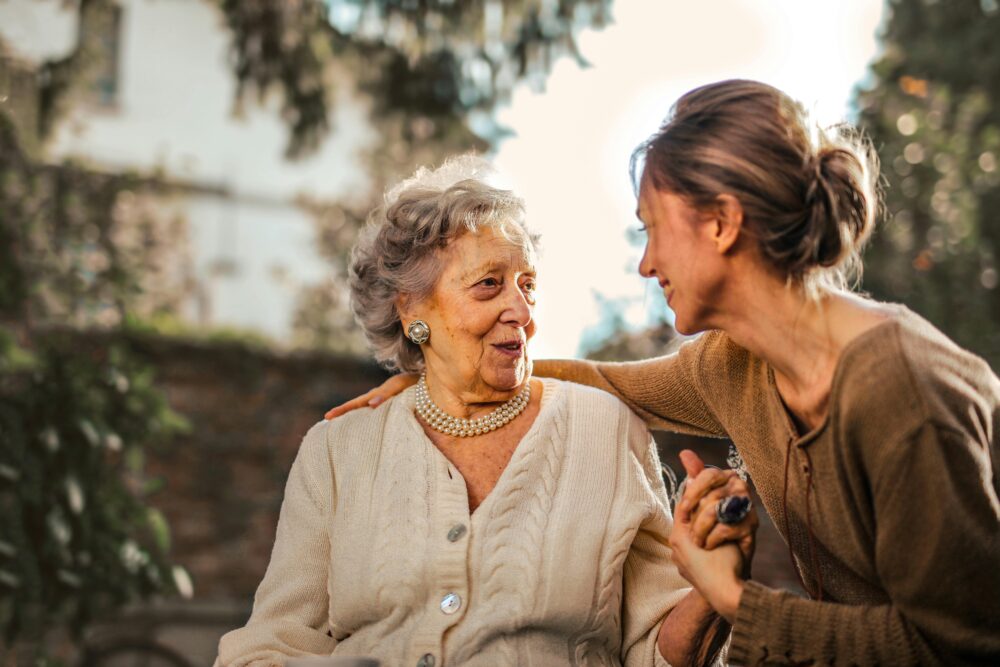
As our loved ones age, a time may come when they are no longer able to take care of themselves. Caring for an elderly adult or parent is a challenging task that demands patience, commitment, and a lot of hard work. It can be overwhelming and stressful at times, but with the right tips and tools, you can make the process easier, more manageable, and less stressful for both you and your loved one. Below are some useful tips and tools to help you care for your elderly loved ones.
Plan Ahead and Communicate
When it comes to caring for elderly loved ones, planning ahead is essential. By creating a list of their needs, such as healthcare, financial, and emotional needs, caregivers can stay organized and ensure that nothing important is overlooked. However, effective communication is just as important as planning. Everyone involved in the care of the loved one, like medical professionals, friends, and family members, needs to be kept in the loop about health updates, medication, and appointments. Good communication helps to ensure that everyone is on the same page and can work together to provide the best care possible.
Use Technology
As we age, the need for care increases. Fortunately, technology has made it easier to provide that care, even from a distance. Telemedicine services or a security system are some of the most useful technologies available for monitoring the health of elderly loved ones. This service enables remote medical consultations, diagnoses, and treatment plans through video conferencing. Additionally, tools such as phone apps that track medications and appointments and electronic calendars that provide reminders can be incredibly useful in keeping track of tasks. We recommend selecting apps that are user-friendly for both you and your loved ones- that way, everyone can benefit from the technology. With the right tools at your disposal, caring for elderly loved ones can be made much easier.
Get Support
Caring for an elderly loved one can be an overwhelming task, and you may feel like you’re doing it all alone as one person. Getting support from friends, family, and professionals can make it easier to handle the tasks that come with caring for your elderly loved one. For instance, consider joining a support group for caregivers or hiring a professional caregiver who can provide you with extra support and much-needed rest. A caregiver can assist with daily tasks, such as feeding, bathing, and dressing your loved one, allowing you to take a break and recharge your batteries.
You can also use technology to make life easier. A stair lift can quickly and easily transport someone up and down stairs without the need for physical strain. Likewise, travel mobility scooters can provide a more leisurely mode of transportation on longer outings or walks, making it possible for the elderly to enjoy the outdoors and maintain a sense of independence. With today’s technological advancements, there’s no need for loved ones to feel anything less than safe and supported during transitions.
Seek Professional Advice
If you’re caring for an elderly loved one, it’s important to consider seeking professional advice. The choices involved in medical and legal matters can be complex and overwhelming. That’s why consulting with a geriatrician, elder law attorney, or specialist can be incredibly helpful. By doing so, you can better understand the necessary legal requirements and make informed decisions about your loved one’s health, finances, and estate planning. The advice of these professionals can be invaluable and will help you achieve the best possible outcomes.
Take Care of Yourself
Caring for an elderly loved one can be a challenging and demanding responsibility, and it’s crucial to remember to take care of yourself, too. By looking after your own physical and emotional well-being, you’ll be better equipped to provide the best possible care for your loved one. Taking regular breaks, exercising regularly, and finding healthy ways to relax and manage stress are all essential aspects of self-care. Practicing self-care isn’t selfish or neglectful; it’s vital to being a responsible caregiver. When you care for yourself, you improve your ability to care for someone else. By prioritizing your own needs, you can ultimately become a better caregiver in the end.
Caring for an elderly loved one can be challenging, but with the right tips and tools, it can also be an incredibly fulfilling experience. Use these tips and tools to help you care for your elderly loved ones, and don’t hesitate to get support and advice when needed. A little bit of planning, communication, and support can go a long way in ensuring that your loved one is happy, healthy, and well cared for.


